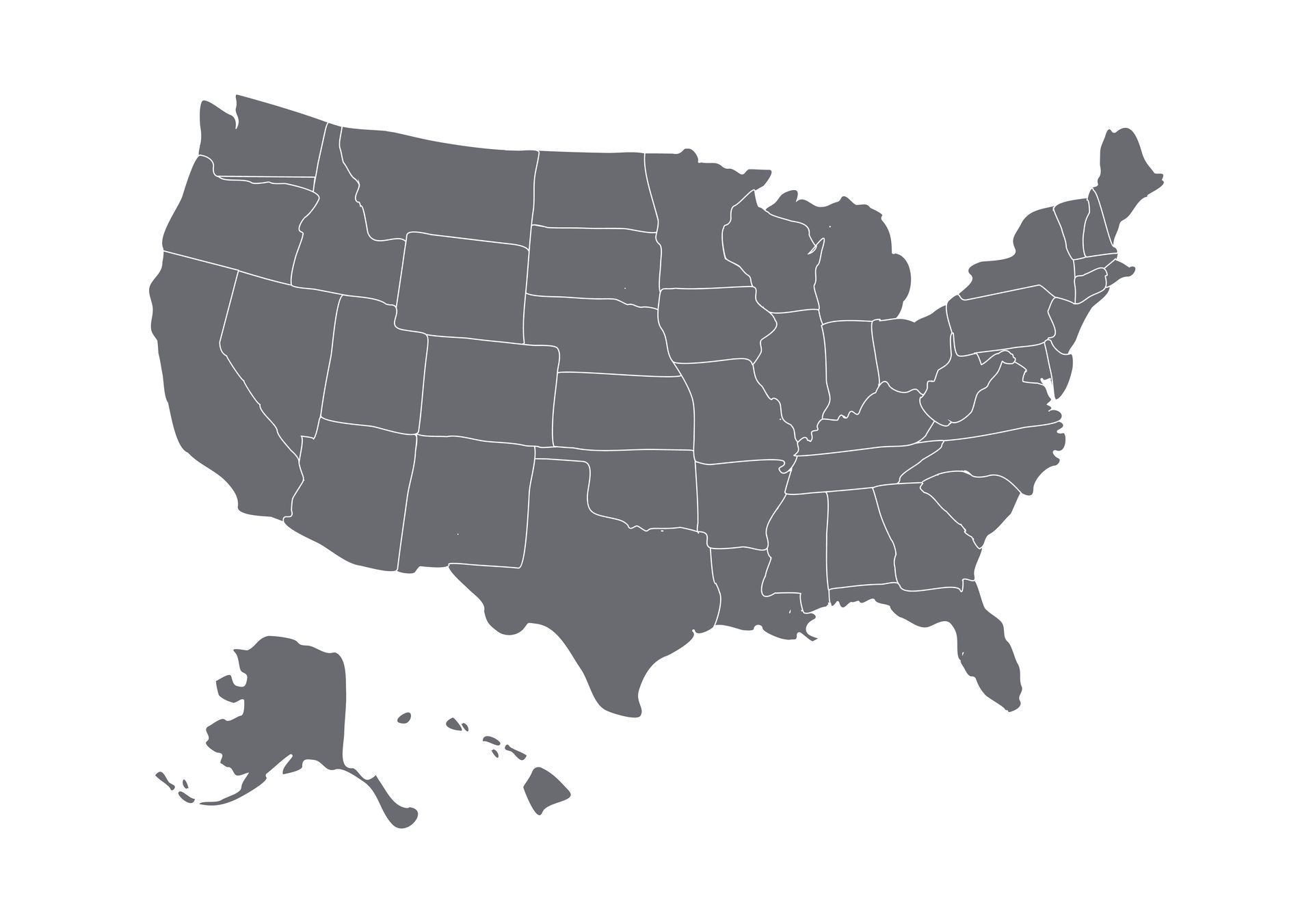Is Remote Online Notarization (RON) Legal in All U.S. States?
Imagine this: It’s midnight, you’re finishing up a deal in another state, you need a document notarized—but there’s no notary open. With RON, you open your laptop, verify your ID via video, sign digitally—and you’re done in under 20 minutes.
Is Remote Online Notarization (RON) Legal in All U.S. States?
Not quite… but close. Remote Online Notarization (RON) is rapidly being adopted across the country. It allows you to complete notarizations through secure video conferencing, eliminating the need for travel and in-person meetings. But as with many laws, the details matter.

What Is Remote Online Notarization?
- Definition: A notarization process done over live video (audio & visual), where the notary verifies the signer’s identity through secure tools (like ID scans, credential analysis, sometimes knowledge-based authentication), watches the signing, then applies a digital notary seal.
- Security & Recording: Most states require a full record: video of the session, an electronic journal, and security protocols to prevent tampering or identity fraud.
- Use Case: Common in real estate, lending, legal documents, and sometimes business contracts. Helps industries where speed, reliability, and convenience are important.
- Alabama
- Alaska
- Arizona
- Arkansas
- Colorado
- Connecticut
- Delaware
- Florida
- Hawaii
- Idaho
- Illinois
- Indiana
- Iowa
- Kansas
- Kentucky
- Louisiana
- Maine
- Maryland
- Massachusetts
- Michigan
- Minnesota
- Mississippi
- Missouri
- Montana
- Nebraska
- Nevada
- New Hampshire
- New Jersey
- New Mexico
- New York
- North Carolina
- North Dakota
- Ohio
- Oklahoma
- Oregon
- Pennsylvania
- Rhode Island
- South Carolina
- South Dakota
- Tennessee
- Texas
- Utah
- Vermont
- Virginia
- Washington
- West Virginia
- Wisconsin
- Wyoming
Georgia & California do not allow RON; however, California is in an implementation phase, and they should be allowed to do RON in 2030.

States Still in Transition or With Restrictions
Some states are catching up:
States With Restrictions or In Transition
- Georgia – RON is not allowed.
- California – Passed Senate Bill 696 in 2023. The state is currently in the implementation phase, with full rollout expected by 2030. Until then, RON is not permitted.
Other Restrictions to Note
Even in states where RON is legal, there may be:
- Technology requirements – Some states only approve specific RON platforms.
- Extra ID checks – Certain states require stricter identity verification, such as biometric checks.
- Gradual rollout phases – Like California, some states take years to fully implement systems.
Why RON Is Gaining Momentum
For professionals in real estate, law, finance, and related fields, RON delivers real benefits:
- Time savings: Eliminates travel, allows signings outside business hours, and reduces delays.
- Efficiency: Digital processes mean fewer paper transfers, easier audit trails.
- Accessibility: Helps people in remote locations, with mobility issues, or overseas.
- Security: Many RON laws require strong identity verification, digital seals, and recordings. Good platforms enhance fraud prevention.

What to Check Before Using RON
If you're considering using RON (or advising clients), make sure:
- The state where the notarization is happening has a permanent RON law (or valid temporary/transition law).
- The platform you use is approved or compliant in that state (if the law requires platform approval).
- The notary is commissioned for RON under that state’s rules.
- The signer has acceptable identification as defined by that state’s statute.
- All recording and record-keeping requirements are met (video/audio, notarial journal, etc.).
Remote Online Notarization is now legal in nearly every U.S. state, with only a few still catching up or in transition. For businesses, staying ahead means adopting compliant platforms and keeping up with state law changes. When done right, RON offers speed, security, and scalability that physical notarization simply can’t match.

Wondering where Remote Online Notarization (RON) is legal in 2025? This blog breaks it all down—state by state. Share with colleagues, clients, or anyone navigating real estate, law, or finance!



